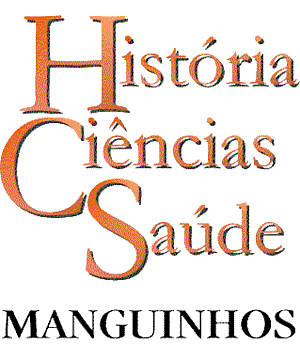This brief historical analysis of the field of epistemology begins with its initial, speculative phase, moving on to the traditional normative model and continuing through contemporary lines, which are referred to here as ‘historical-interpretative’. Common to the latter is harsh criticism of the traditional paradigm, whose shortcomings include not only the limitations of ‘logical falsification’ and ‘empirical verification’ but also the prescriptive rigidity of normative meta-science, deemed incompatible with this century’s scientific advances. The article analyzes Kuhn’s contribution in greater detail, highlighting his original concepts and his redefinitions of earlier concepts and models. To illustrate, some of his categories are used in an analysis of the discovery of the DNA structure. This exploration of the Kuhnian model also makes reference to certain stances taken by normative and post-Kuhnian epistemologists, especially in relation to the social sciences and application of the model to other areas of knowledge.
historical-interpretative epistemology; history of science; paradigm; normal science; revolution
